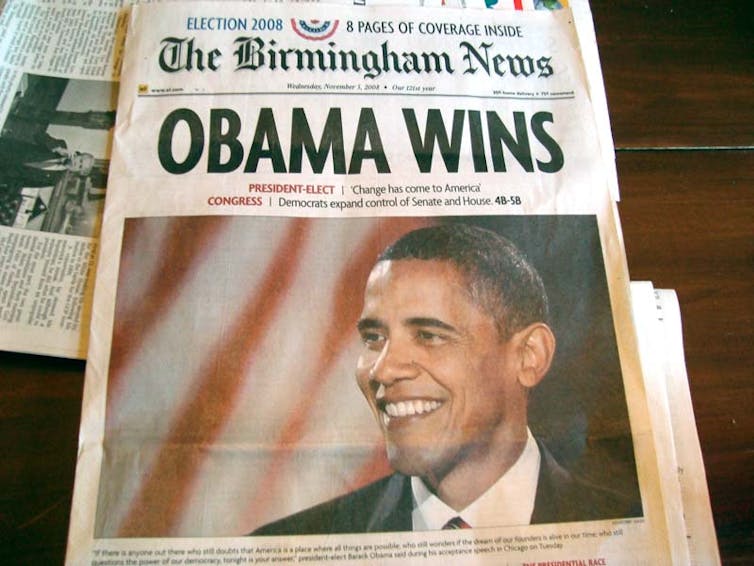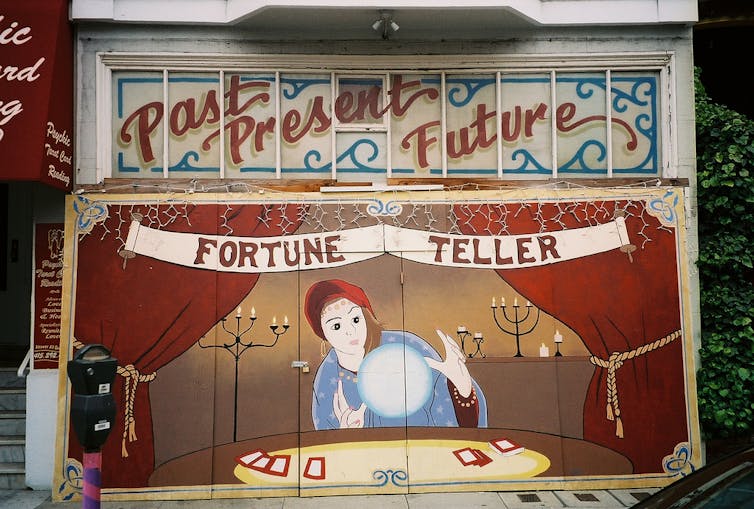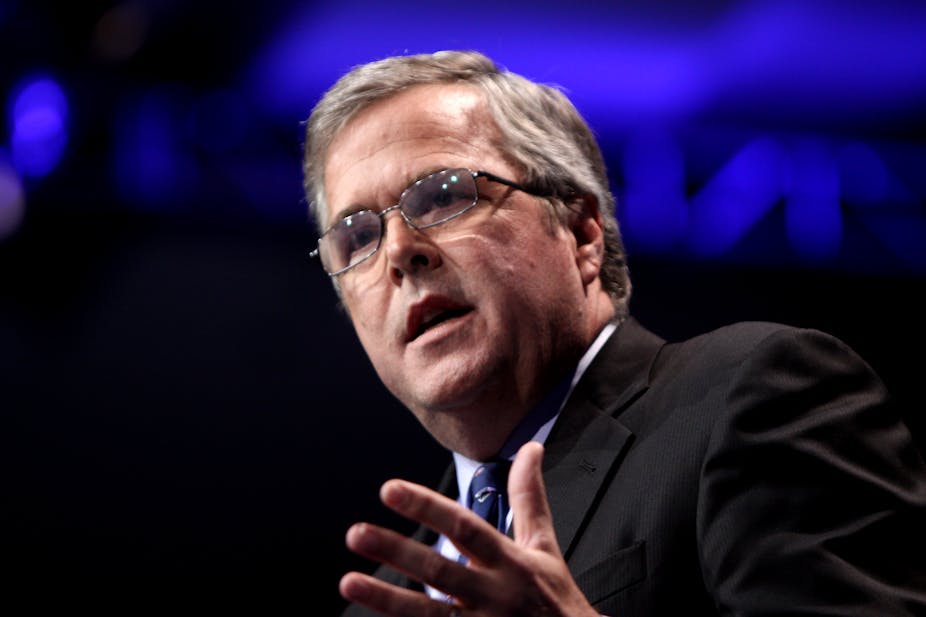Now that Jeb Bush has officially announced he is seeking the nomination of the Republican party as its candidate for president of the United States, it seems a good time to ask how likely it is that he will actually become the 45th US President.
How can we best answer this? A big clue can be found in a famous study of the history of political betting markets in the US, which shows that of the US presidential elections between 1868 and 1940, in only one year, 1916, did the candidate favoured in the betting end up losing, when Woodrow Wilson came from behind to upset Republican Charles E Hughes in a very close contest. Even then, they were tied in the betting by the close of polling.
The power of the betting markets to assimilate the collective knowledge and wisdom of those willing to back their judgement with money has only increased in recent years as the volume of money wagered has risen dramatically, the betting exchanges alone seeing tens of millions of pounds trading on a single election. In 2004, a leading betting exchange actually hit the jackpot when its market favourite won every single state in that year’s election. The power of the markets has been repeated in every presidential election since.
Poll dancing
For example, in 2008, the polls had shown both John McCain and Barack Obama leading at different times during the campaign, while the betting markets always had Obama as firm favourite. Indeed, on polling day, he was as short as 20 to 1 on to win with the betting exchanges, while some polling still had it well within the margin of error. In the event, Obama won by a clear 7.2%, 365 Electoral College Votes to 173.

In 2012, Barack Obama led Mitt Romney by just 0.7% in the national polling average on election day, with major pollsters Gallup and Rasmussen showing Romney ahead. Meanwhile, British bookmakers were quoting the president at 5 to 1 on (£5 to win £1). Indeed, Forbes reflected the view of most informed observers, declaring that:
With one day to go before the election, we’re becoming super-saturated with poll data predicting a squeaker in the race for president. Meanwhile, bookmakers and gamblers are increasingly certain Obama will hang on to the White House.
Obama went on to win by 3.9% and by 332 Electoral College Votes to 206.
Wisdom of crowds
What is happening here is that the market is tapping into the collective wisdom of myriad minds who feed in the best information and analysis they can because their own financial rewards depend directly upon this. As such, it is a case of “follow the money” because those who know the most, and are best able to process the available information, tend to bet the most.
Moreover, the lower the transaction costs (in the UK the betting public do not pay tax on their bets) and information costs (in never more plentiful supply due to the Internet) the more efficient we might expect betting markets to become in translating information today into forecasts of tomorrow. For these reasons, modern betting markets are likely to provide better forecasts than they have done ever before. In this sense, the market is like one mind that combines the collective wisdom of everybody.
So what does this brave new world of prediction markets tell us about the likely Republican nominee in 2016? Last time, they were telling us all along that it would be Mitt Romney.
Competition time
This time the high-tech crystal ball offered by the markets is seeing not one face, but three, and yes – Jeb Bush is one of them. But two other faces loom large alongside the latest incarnation of the Bush dynasty. One is Florida senator, Marco Rubio, and the other is the governor of Wisconsin, Scott Walker. According to the current odds, at least, it is very likely that one of these men will be the Republican nominee.

According to the betting, Bush will struggle to win the influential Iowa caucus, which marks the start of the presidential election season. The arch conservative voters there are expected to go for the man from Wisconsin. New Hampshire, the first primary proper, is likely to be closer. Essentially, though, this will be a contest between the deep pockets and connections of the Bush machine, the deep appeal of Scott Walker to the “severely conservative” (a phrase famously coined by Mitt Romney), and the appeal of Marco Rubio to those looking for solid conservative credentials matched with relative youth and charisma.
By the time the race is run, the betting markets currently indicate that Bush is the name that is most likely (though by no means sure) to emerge. Rubio is likely to push him hardest – and it could be close. At current odds, though, Bush does have the best chance of all the candidates in the field of denying the Democrats, and presumably Hillary Clinton, the White House. But whoever is nominated by the Republican party, it is the Democrats who are still firm favourites to retain the keys to Washington DC’s most prestigious address.

